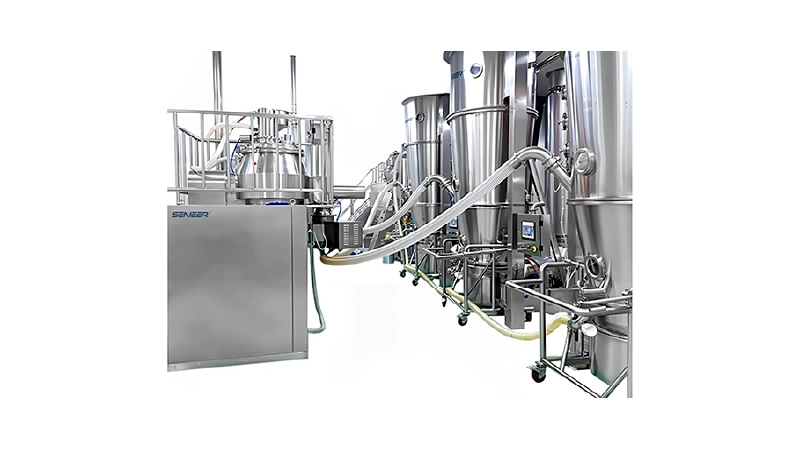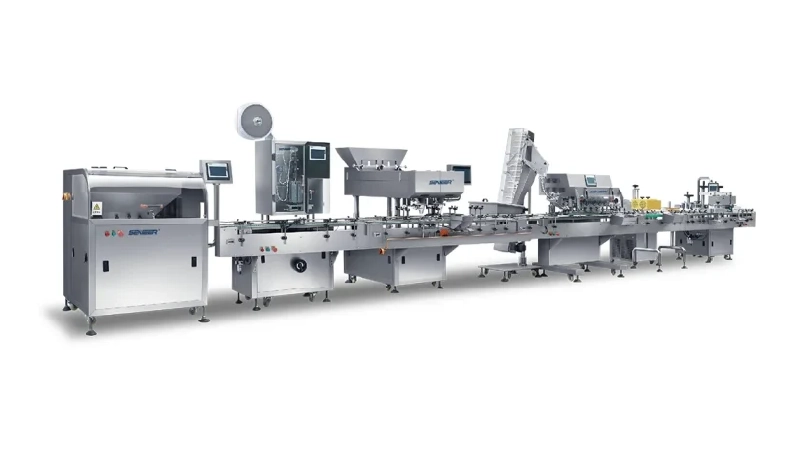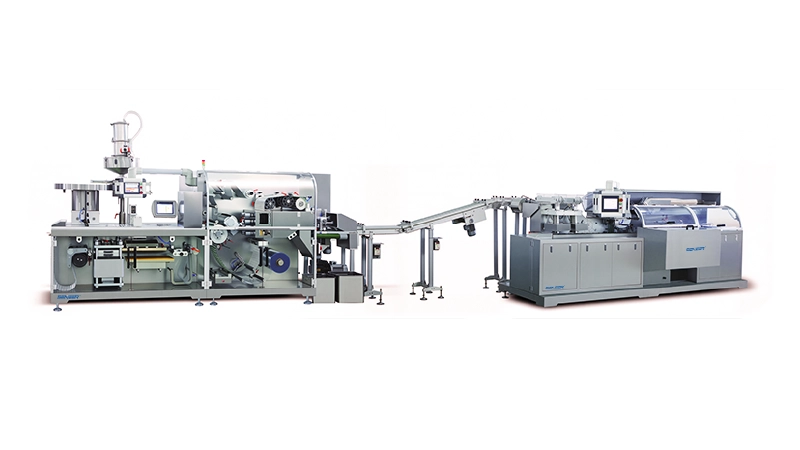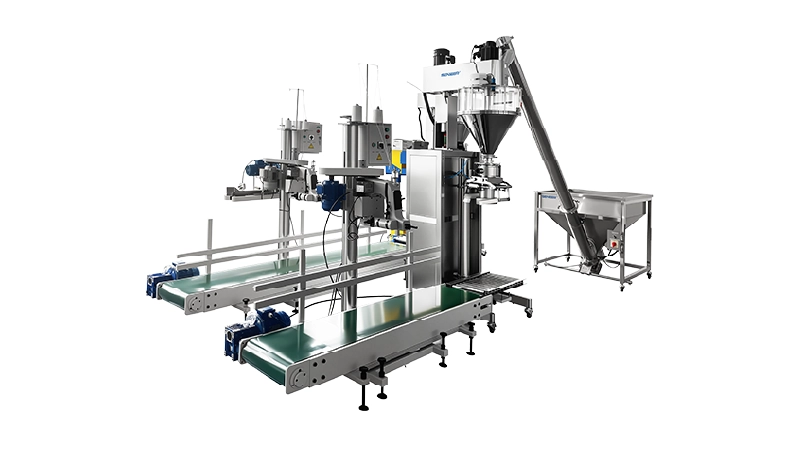In the production of preparations, capsules are widely used in the pharmaceutical industry because of their relatively simple process, easy production, convenient administration, quick onset of action, and effective isolation of bad smell of drugs. Especially for some drugs that are sensitive to heat and pressure, because the capsule filling process generates less heat and pressure, the capsule product is more stable. But there is a thunder hidden behind the seemingly simple capsule, which may explode if you are not careful.
Where is this mine? The mine is the water in the gelatin capsule shell.
The Chinese Pharmacopoeia stipulates that the weight loss on drying of the gelatin capsule shell should be between 12.5% and 17.5%. It can be seen that the water content of gelatin capsules is relatively high, and it not only stipulates the upper limit but also the lower limit. It can be seen that it is easy to absorb and lose water, which buryes hidden dangers for the development of subsequent preparations, especially when it is very sensitive to moisture. medicine. Although we did an inspection on the capsule shell when we entered the factory, which also met the requirements of our Pharmacopoeia, the inspection is one-time after all. With the change of storage time and storage environment, especially the humidity environment, the moisture content will change significantly. . The storage conditions stipulated in the Chinese Pharmacopoeia are “airtight, stored at a temperature of 10-25°C and a relative humidity of 35%-65%. Usually, our solid preparation workshops, not to mention ordinary pilot workshops, are commercial production workshops, which are not so strict on humidity control, and some even do not have a humidity control system, or even if equipped with a humidity control system, the actual control effect is not good. The moisture content of gelatin capsules is different and will change under different temperature and humidity storage environments. From Figure 1, it can be seen that the rate of water absorption of gelatin materials is different under different humidity environments. The higher the humidity, the faster and more water absorption, and the final water content also varies greatly. Depending on the humidity environment, the water content of the gelatin capsule shell varies greatly, from 10% to 20%, or even higher. For those pharmaceutical products that are particularly sensitive to moisture, such a large moisture change is unacceptable. What impact will this change have? Let’s analyze it in detail.
1 Effects On Related Substances
The author has come into contact with a capsule product before. The main drug structure contains amide bonds, and its main degradation impurities are hydrolyzed impurities. The prescription of the reference preparation of this product is very simple. The excipients are only lactose, talc powder, and magnesium stearate. The outer packaging is double aluminum blister, and the process used is dry granulation. Through the exploration of the small-scale prescription process, the same prescription process as the reference was basically determined, but problems appeared in the follow-up pilot scale-up process. Stability Acceleration Inspection Impurity growth exceeds the standard, and it is very irregular. The same material and the same equipment, after amplification, sometimes the product quality is very good and similar to the reference, and sometimes it grows rapidly. At that time, we investigated a lot of situations, checked the model of auxiliary materials, manufacturers, packaging tightness, process parameters and even the operation of fixed personnel, etc., but did not find the problem. At that time, the only thing that was not suspected was the gelatin capsule shell, because the original research also used gelatin capsule shells, and I learned from the supplier that the original research manufacturer used the same manufacturer’s capsule shells. Knowing that the product is easy to be hydrolyzed, the moisture content in the stability study was monitored, but because the determination was made using a Karl Fischer moisture analyzer, only the contents of the capsule were tested, and the moisture content of the capsule shell was not measured, so it was not possible No abnormality of moisture was found. Finally, under the guidance of a teacher who is very experienced in capsules, the investigation target was transferred to the capsule shell, and the problem was finally found. It turns out that the humidity control range between the materials storing the capsule shells is very wide, and the weather conditions are different every time they are picked up. The moisture content of the capsule shells varies greatly, resulting in the quality of the final product.
2 Effect On Dissolution
Generally speaking, when the relative humidity is greater than 60%, it will have a greater impact on the capsule, which will cause the capsule to soften, become sticky, swell, absorb moisture, agglomerate the contents, and even breed microorganisms. Show according to research, chloramphenicol capsule is at relative humidity 49%, and after 32 weeks, dissolution rate change is not obvious, and relative humidity 80%, dissolution rate is very poor after 4 weeks, and visible relative humidity is very big to the dissolution influence of capsule product.
3 Effect On API Crystal Form
For most drugs, solvation is ubiquitous. Under certain conditions, ansolvates can spontaneously transform into solvates. According to reports, 57% of drugs can form hydrates. The effect of temperature and humidity on tautomeric polymorphic forms is quite pronounced. Since the temperature and humidity of the environment where the drug is located are very different during production, transportation, and storage, attention should be paid to investigation and research on the crystal form changes caused by this. Especially when it is found in the previous investigation that high humidity conditions can cause crystal transformation, special attention should be paid to the influence of moisture in the capsule shell when developing capsules.
4 Influence On In Vitro Dispersion Effect Of Inhalation Powder Aerosol
Since gelatin is made of protein, contains hydroxyl groups and amino groups, and has a strong electrostatic effect, the water content of the capsule shell is negatively correlated with the amount of static electricity. The force between particles is particularly important for the in vitro dispersion of inhalation powders. This force is a resultant force, including van der Waals force, electrostatic force, and capillary force. The changes in the water content of the capsule shell are mainly affected by electrostatic force and capillary force. Therefore, the water content of the capsule shell has an important influence on the in vitro dispersion effect of the inhalation powder aerosol.
To sum up, when we develop capsule products, we must analyze whether we need to strictly control the moisture in the capsule shell according to the characteristics of our own products. For those drugs that are particularly sensitive to moisture, it is necessary to strictly control the moisture content of the capsule shell, but the lower the moisture content of the capsule shell, the better, because too low moisture content will reduce the toughness of the capsule shell and increase the brittleness, and the capsule shell will be easily broken.










